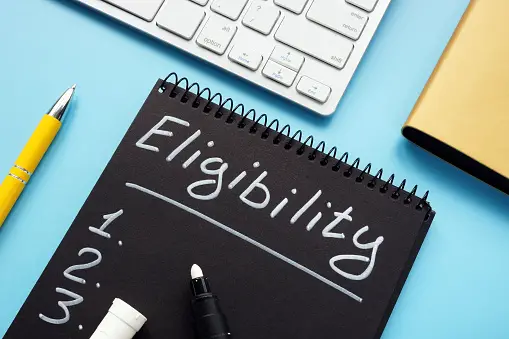The science behind winning grant proposals lies in understanding what grantmakers are looking for and what makes a proposal stand out from the rest.
By following certain key principles, you can increase your chances of securing funding and make a positive impact in your community.
Here are some expanded and practical tips for creating a successful grant proposal:
- Know the Grantmaker and their Funding Priorities: Before submitting your proposal, research the grantmaker and their funding priorities to make sure that your proposal is a good fit. Look for information about their mission, past funded projects, and the types of organizations and programs they typically fund. Use this information to tailor your proposal to their specific interests and needs.
- Use Data and Statistics to Support Your Case: A successful grant proposal clearly identifies the problem that your project is trying to solve and includes data and statistics to support the need for your project. For example, if your project aims to address food insecurity in a particular neighborhood, include data on the number of residents who struggle with access to fresh, healthy food and the related health consequences.
- Outline a Thorough Plan for Execution: A successful grant proposal outlines the steps you will take to carry out your project, including details about the budget, timeline, and milestones. Make sure that your budget is realistic and includes all of the necessary expenses, and that your timeline is achievable and includes milestones that demonstrate progress. For example, if your project is to build a community garden, include a detailed timeline that outlines the steps from site selection to planting and maintenance.
- Provide Evidence of Impact: A successful grant proposal includes evidence that your project will have a significant impact. This can include data from similar projects, testimonials from stakeholders, and a clear explanation of how your project will measure success. For example, if your project aims to improve access to fresh, healthy food, include data on the number of residents who will benefit and the expected increase in their consumption of fresh fruits and vegetables.
- Tell a Compelling Story: A successful grant proposal tells a story that captures the reader’s attention and motivates them to support your project. This can be done through the use of anecdotes, case studies, and other storytelling techniques. For example, if your project is to build a community garden, share a story about a resident who struggled with access to fresh, healthy food and how the garden will improve their health and well-being.
In addition to these key principles, it’s important to avoid common mistakes that can harm your chances of securing funding. These include:
- Lack of Research: Many grant proposals are quickly discarded because they lack the necessary research to show that the project is worth funding. Make sure to thoroughly research the grantmaker and their funding priorities before submitting your proposal.
- Inadequate Budget and Timeline: A poorly planned budget and timeline can harm your chances of securing funding. Make sure that your budget is realistic and includes all of the necessary expenses, and that your timeline is achievable and includes milestones that demonstrate progress.
- Poorly Written Proposal: A poorly written proposal can be difficult to understand and may not capture the reader’s attention. Make sure that your proposal is well-written, with clear and concise language, and that it includes a strong narrative that sets it apart from other proposals.
In conclusion, winning a grant proposal is both a science and an art, requiring a combination of research, storytelling, and persuasive writing skills. By following these key principles and avoiding common mistakes, you can increase your chances of securing funding and make a positive impact in your community.




